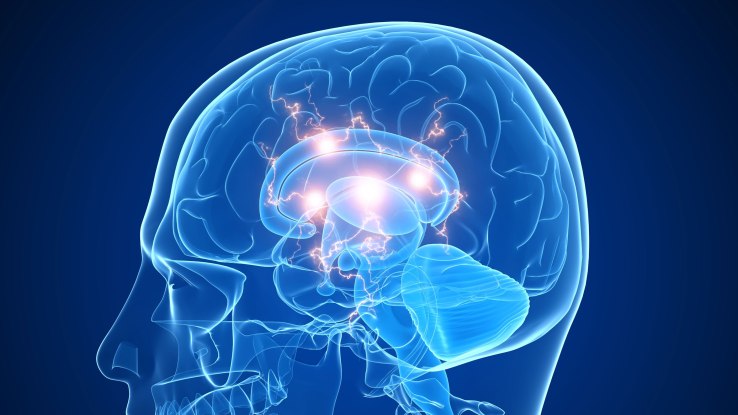Nootrobox wants to boost your brain power with vitamin D
Geege Schuman stashed this in Biohacks
Stashed in: @a16z, @marissamayer, Startup, Supplements, Supplements
Is Vitamin D good for our brains?
I'm skeptical of ingesting it via supplement.
Who needs the sun? Many Silicon Valley startups pride themselves on long, grueling work hours, toiling from the crack of dawn until late into the night. But that work pride has a toll — they likely suffer from a serious lack of vitamin D.
Most U.S. office workers do these days and Nootrobox co-founder Geoff Woo says that’s affecting our brains.
Vitamin D plays an important role in calcium absorption, boosts your immune system and may protect against certain forms of cancer, type 1 diabetes, and multiple sclerosis. Without enough of it, you may experience a sort of brain fog and lowered cognitive function.
Startups like Nootrobox, Nootroo and other “smart drug” subscription services started popping up in the last year to help Silicon Valley workers boost brain power. They join a growing cottage industry of products in the biohacking movement, like Bulletproof coffee, smart cocoa and even small doses of psilocybin (hallucinogenic mushrooms) aiming to give those in startup land a performance-enhancing leg up.
Woo and his co-founder Michael Brandt initially released a “stack” of chemically enhanced pills promising to help people wake up, focus and sleep better. The startup pulled in Andreessen Horowitz, Yahoo’s Marissa Mayer and Zynga founder Mark Pincus as investors to help launch the subscription service in 2015. Nootrobox later released “Go Cubes,” chewable coffee cubes, which offer an “evened-out” caffeine kick.
Now Woo wants to add vitamin D (which is actually a hormone, not a vitamin) to boost brain power, too.
Nootrobox is launching KADO-3, a fish oil and krill oil blend with a specifically high ratio of DHA (docosahexaenoic acid) to EPA (eicosapentaenoic acid) to provide a premium vitamin D designed for cognitive function.
Some of us need help, by virtue of being older or because of other factors:
By these measures, some Americans are vitamin D deficient and almost no one has levels that are too high. In general, young people have higher blood levels of 25-hydroxyvitamin D than older people and males have higher levels than females. By race, non-Hispanic blacks tend to have the lowest levels and non-Hispanic whites the highest. The majority of Americans have blood levels lower than 75 nmol/L (30 ng/mL).
Certain other groups may not get enough vitamin D:
- Breastfed infants, because human milk is a poor source of the nutrient. Breastfed infants should be given a supplement of 400 IU of vitamin D each day.
- Older adults, because their skin doesn't make vitamin D when exposed to sunlight as efficiently as when they were young, and theirkidneys are less able to convert vitamin D to its active form.
- People with dark skin, because their skin has less ability to produce vitamin D from the sun.
- People with disorders such as Crohn's diseaseor celiac disease who don't handle fat properly, because vitamin D needs fat to be absorbed.
- Obese people, because their body fat binds to some vitamin D and prevents it from getting into the blood.
Under "Am I getting enough vitamin D?" https://ods.od.nih.gov/factsheets/VitaminD-Consumer/#h6
Interesting, I wonder if Ritual also includes Vitamin D in their supplements.











12:26 PM Jun 25 2016